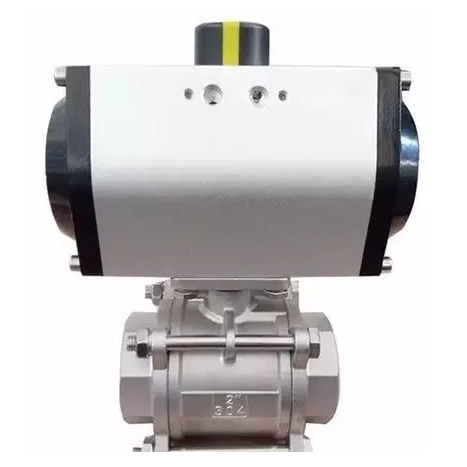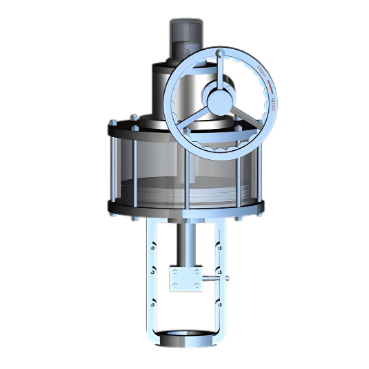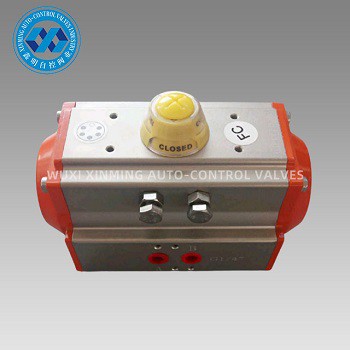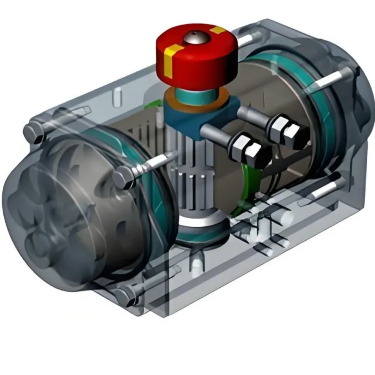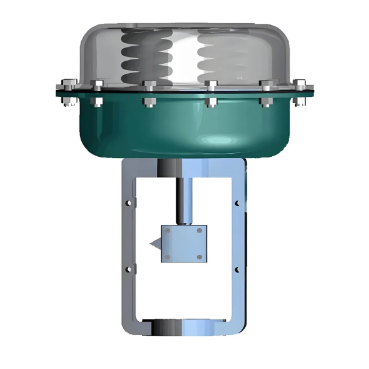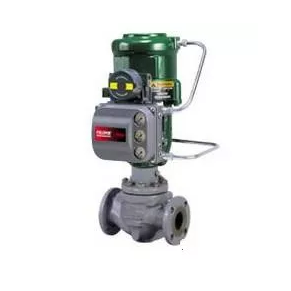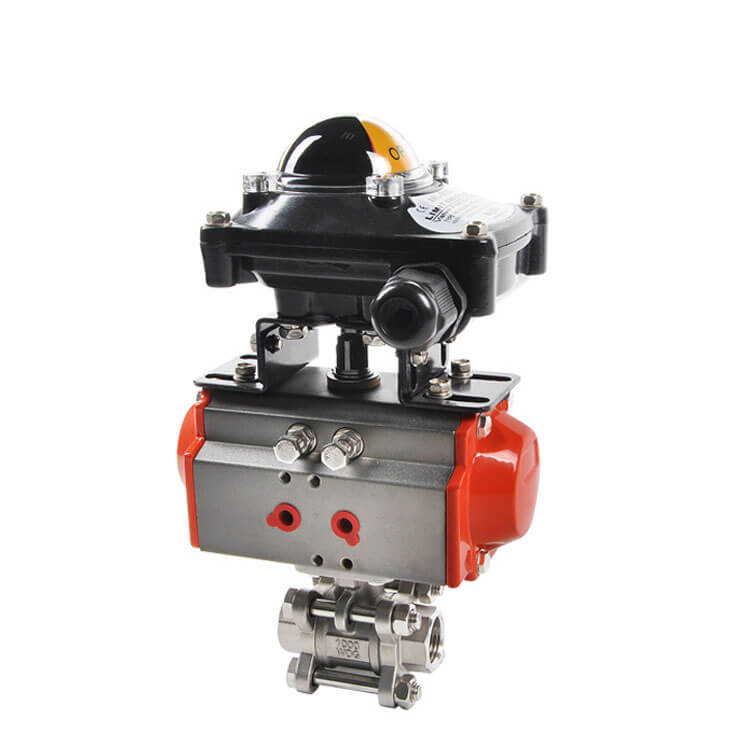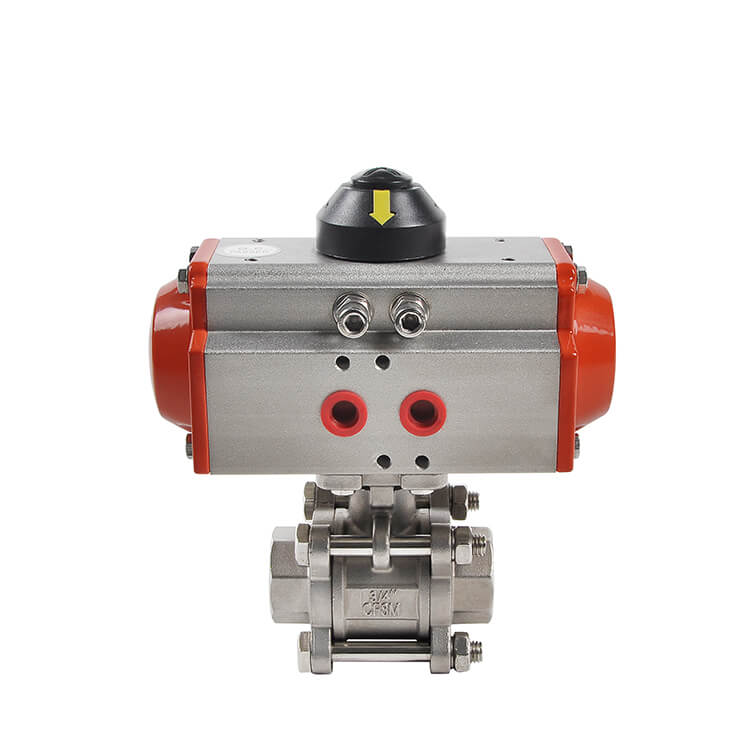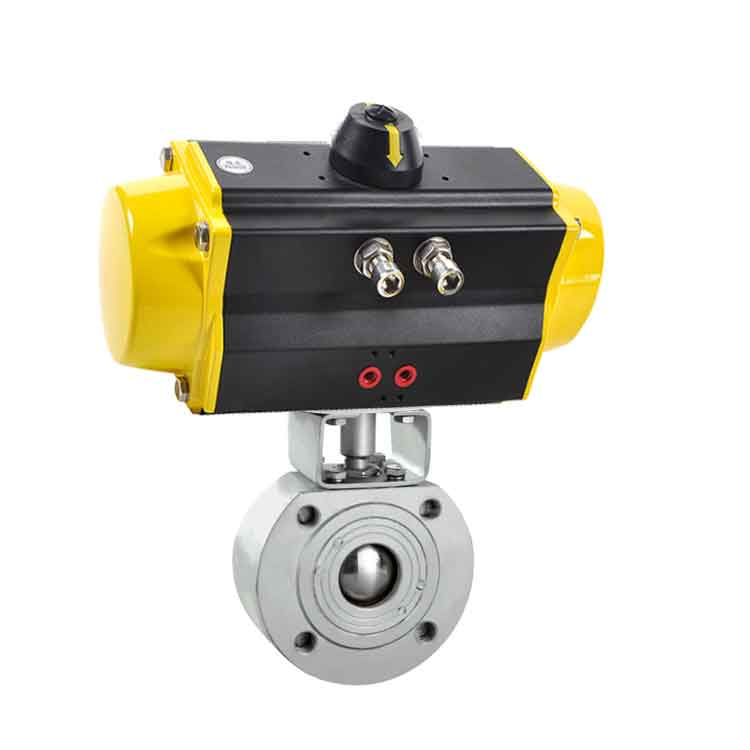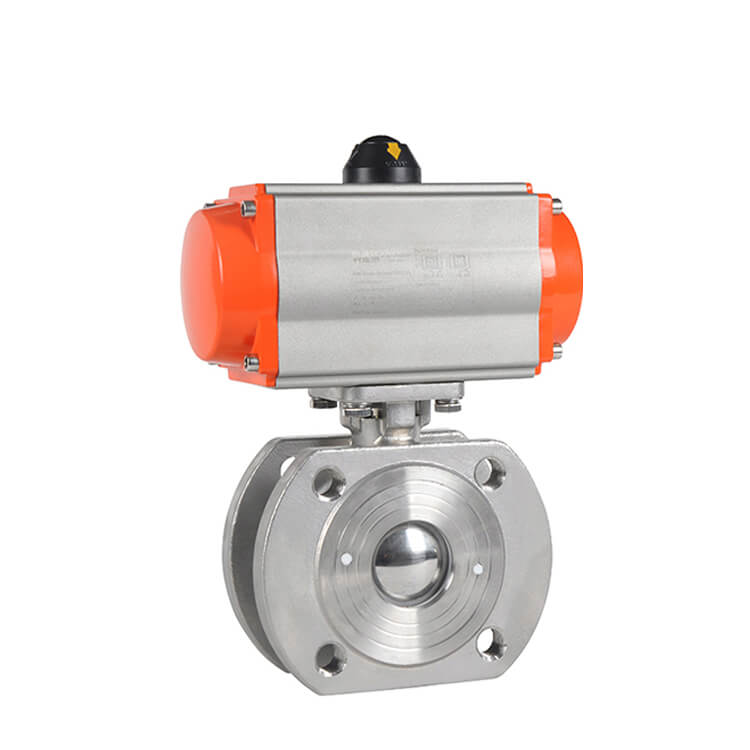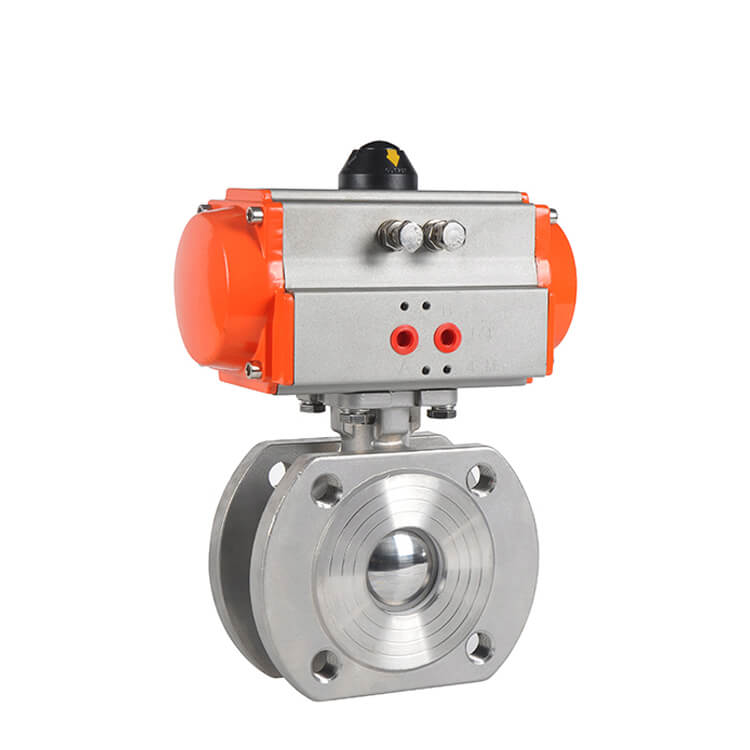The yoke in actuators serves a critical
function by ensuring optimal force distribution, which is fundamental to the
efficient operation of these devices. In an actuator, the yoke acts as a
connecting and distributing element between the power source, such as a piston
or a motor, and the component it controls, typically a valve.
When force is generated, for instance, by
the pressure of compressed air acting on a piston in a pneumatic actuator, the
yoke comes into play. It is designed with a specific shape and structure that
enables it to evenly disperse this force. The yoke's geometry allows it to
translate the linear force from the piston into a rotational or oscillatory
motion that can effectively operate the valve. This even distribution of force
prevents any single part of the actuator or the valve from being subjected to
excessive stress.
Optimal force distribution achieved by the
yoke has several benefits. Firstly, it enhances the overall performance of the
actuator. The smooth transfer of force ensures precise control over the
movement of the valve, which is crucial in applications where accurate
regulation of fluid or gas flow is required. Secondly, it improves the
reliability of the system. By preventing overloading of components, the yoke
helps reduce the risk of premature wear and mechanical failures. This, in turn,
extends the service life of the actuator, making it a cost - effective choice
for industries like oil and gas, chemical processing, and power generation,
where continuous and reliable operation is essential.
If you want to learn more about low-priced products, please visit the following website: www.xm-valveactuator.com


